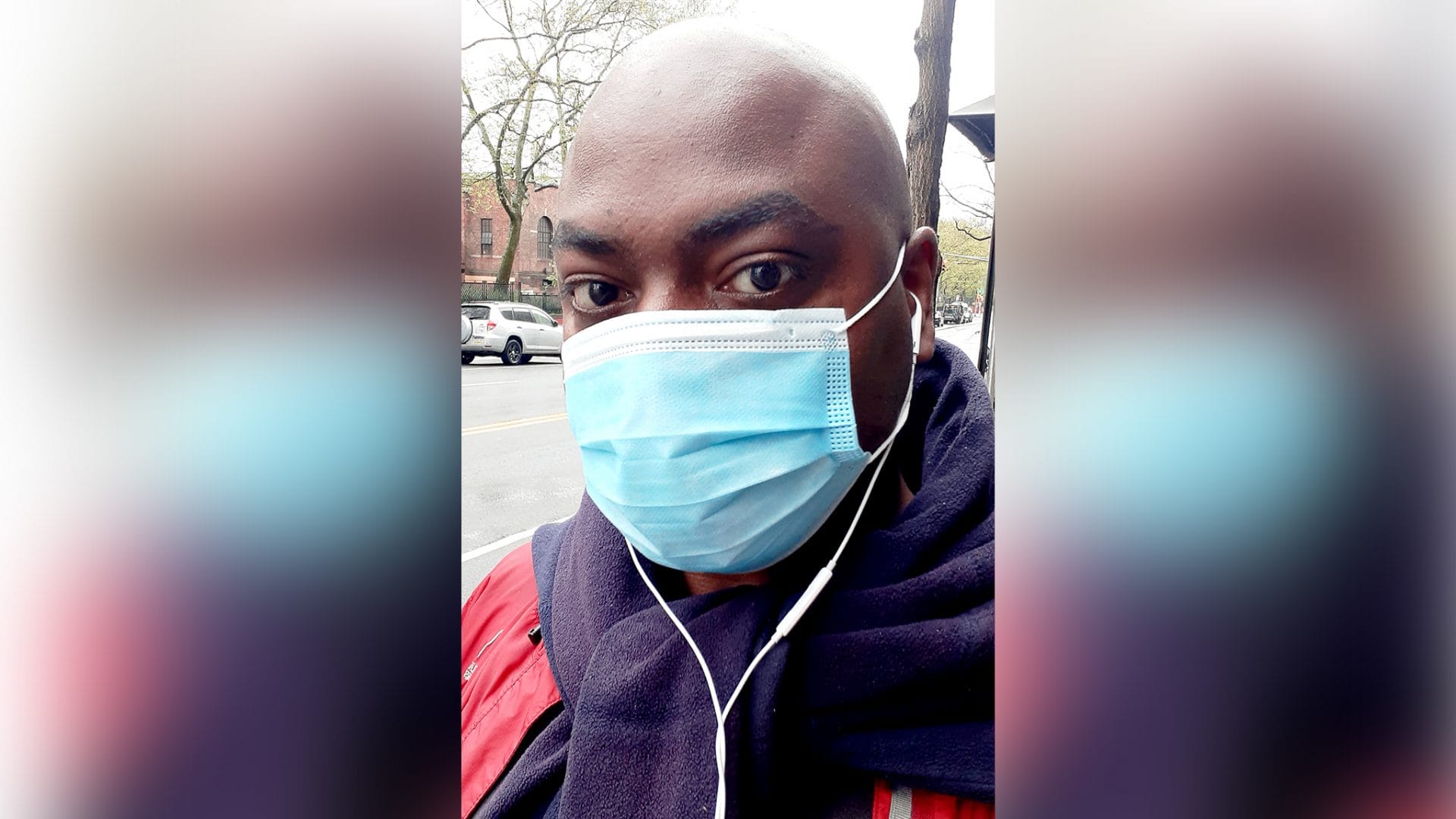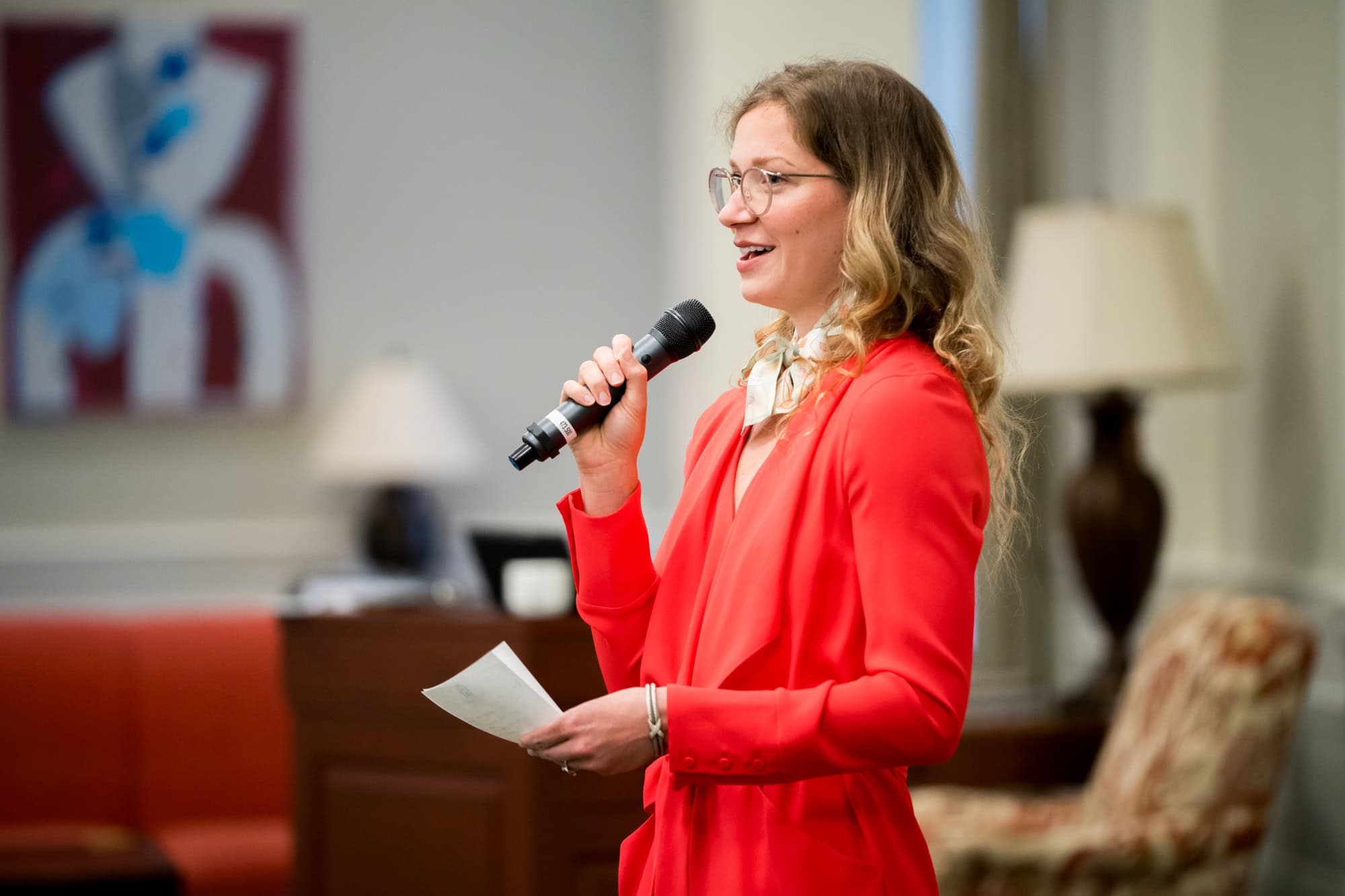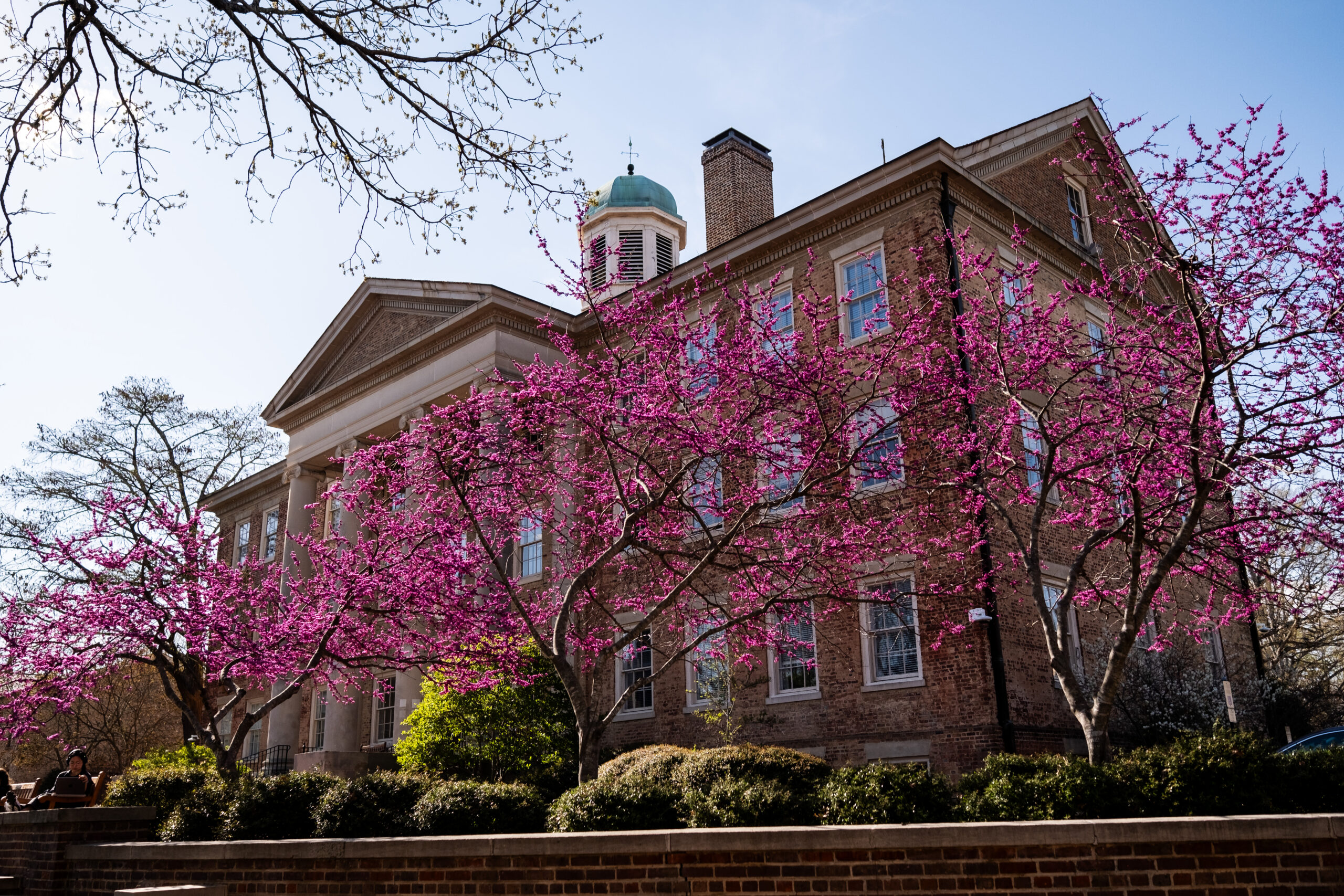
Bryan Crumpler ’01 is the founder of Ahmadeus Beaux-Arts.
As an independent music producer, composer, and clarinetist living in New York City, Bryan Crumpler ’01 has never been confined to, or forced to flee, the traditional American office.
“If I’m sitting in a café, I’m working in it. If I’m having dinner in a restaurant, in the train, or on a walk, I’m working. I pretty much have to work everywhere I go,” said the alumnus of freelancing. He moved from Atlanta, Georgia, by way of Charlotte, North Carolina, to the city in September 2018.
Although NYC entered phase two of reopening last week, allowing many of its more than eight million residents to return to the workplace, urban life is far from normal, according to Bryan. Many streets remain empty. Business remain closed.
“From early winter to now, it’s just been a very, very slow transformation as to how people are behaving, the foot traffic, and everything else going on,” he said of the former U.S. epicenter of the coronavirus pandemic. The entrepreneur has kept sane throughout this spring by developing statistical prediction models to forecast COVID-19’s spread in North Carolina and by staying immersed in digital marketing projects alongside the East River waterfront in Lower Manhattan in the mornings.
“Despite the lack of so many resources that I need, I’ve been trying to use my time and energy wisely to establish my legacy here, create music, and focus on progress rather than be stuck in a standstill,” said the alumnus.
The COVID-19-related closures of countless local art centers and nonprofit associations (many now permanent) have exacerbated an already highly competitive environment for musicians and composers alike. As any remaining orchestras and other musical groups continue to perform in virtual formats, Bryan is planning to add digital audio production to his portfolio of offerings for remote masterclasses in the months ahead.
“The bulk of composers these days have no access to ensembles and venues for their music to be performed, so it’s critical for them to learn how to exploit existing technology to create the most realistic sounding works that they can,” said Bryan, who graduated from Carolina with a mathematical sciences degree in computer science. “When all these organizations shuttered, I was already poised to create high-quality music without them.”
Bryan is an expert in music engraving as well as sonic art, an artistic discipline that uses sound as the primary medium. His translation skills in Dutch, Flemish, Afrikaans, French, and German have also served him well throughout his career as an international performer.
One of the alumnus’s biggest goals for the year is to transition his startup, Ahmadeus Beaux-Arts (derived from his middle name, Ahmad), into a formalized business entity to further research and development in music AI and brain-computer interfaces. Since entering the administrative side of the music industry with soft launches of the venture dating back to 1995, Bryan has expanded his network from Wilmington, North Carolina, to 54 countries. He has produced more than 50 recordings and has performed 100 concert venues throughout the world for group performances and solo tours.
He said finding a physical space for his company as well as buying property in the country’s most populous city has been a major financial obstacle, however.
“I’ve been battling the real estate market in New York ever since I got here,” he said, describing the matrix that is New York’s elaborate online lottery system for housing. “But I have friends who’ve been here several decades and are guiding me through a lot of these processes to help me formulate backup plans AA, BB, CC, and so forth.”
While all musicians are having to radically adapt, Bryan said his versatility and wide range of expertise and Morehead-Cain experiences have prepared him well for facing the future, whatever it may hold. He hopes his innovations through Ahmadeus Beaux-Arts will continue to “leverage intellectual capital of arts organizations and institutions to effect social change through the intersection of music, art, technology, science, math, and language.”
The alumnus has been the clarinetist of the Chamber Music Society of Central Virginia since 2016 and served as executive vice president of development and general manager for the Long Island Youth Orchestra, Inc. He previously served as a clarinet teaching artist for the Atlanta Music Project, a program that seeks to support academic and musical achievement among students from low-income communities. Bryan’s work with the Atlanta Music Project was nominated for the Pulitzer Prize for distinguished musical composition in 2015.
Bryan’s latest album, “Cryptograms,” was released in January of this year.


